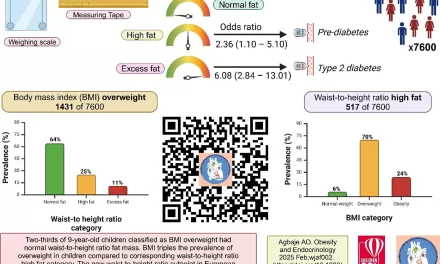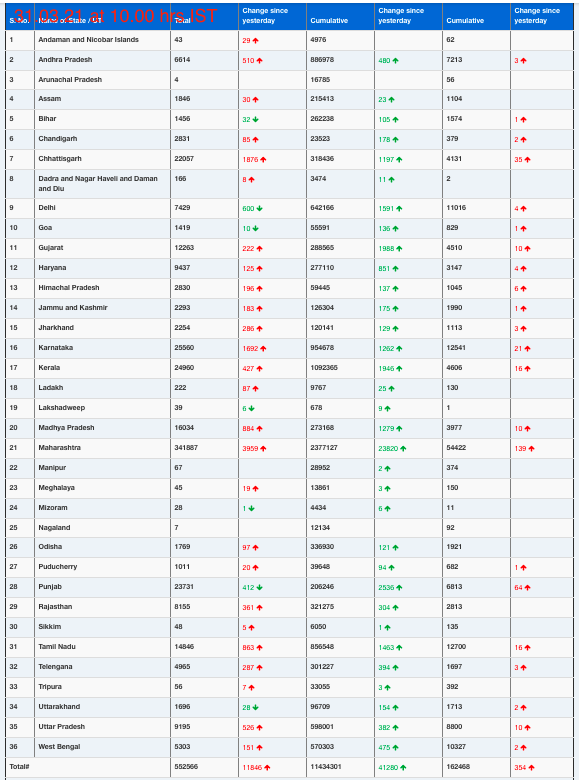A groundbreaking study from the University of Colorado Anschutz Medical Campus suggests that managing circadian rhythms through intense light therapy and chronologically timed treatments could hold the key to preventing and treating various circulatory system conditions, including heart disease. The research, led by Tobias Eckle, MD, PhD, and published in Circulation Research, the official journal of the American Heart Association, unveils promising avenues for circadian medicine.
Dr. Eckle, alongside senior author Professor Tami A. Martino, PhD, delves into the emerging field of circadian medicine, emphasizing the profound impact of circadian rhythms on cardiovascular function and disease development. The study underscores the importance of translational preclinical research in elucidating the intricate interplay between circadian biology and cardiovascular health.
One of the study’s focal points is the utilization of intense light therapy post-surgery, which has shown promising results in accelerating healing and protecting the heart from injury during surgical procedures. Dr. Eckle highlights the role of intense light in stabilizing the PER2 gene and increasing adenosine levels, thereby safeguarding against irregular heart rhythms and reducing the risk of cardiac ischemia.
Moreover, the research emphasizes the significance of chronotherapy, where medications are administered at specific times of day to align with the body’s internal clock. By synchronizing drug treatments with circadian rhythms, researchers aim to optimize therapeutic efficacy and enhance cardiovascular outcomes.
Shift workers, whose circadian rhythms are often disrupted due to irregular work hours, are particularly susceptible to adverse cardiovascular events. Intense light therapy offers a promising avenue for mitigating these risks and promoting circulatory health.
Dr. Eckle’s clinical experience underscores the tangible benefits of intense light therapy, with patients exhibiting lower troponin levels—a key marker of heart injury—following surgery. Encouraged by these findings, the researchers advocate for the integration of intense light therapy and chronotherapy into clinical practice, emphasizing the need for further clinical trials to validate their efficacy in humans.
“Circadian rhythms play a crucial role in cardiovascular health,” Dr. Eckle emphasizes. “Intense light therapy, chronotherapy, and restricted feeding represent low-risk strategies that warrant further exploration in clinical settings.”
As circadian medicine continues to evolve, these innovative approaches hold immense promise for revolutionizing cardiovascular care, offering new avenues for prevention and treatment that prioritize the body’s natural rhythms. With further research and clinical validation, intense light therapy and chronotherapy could emerge as essential tools in the fight against heart disease and circulatory disorders.












